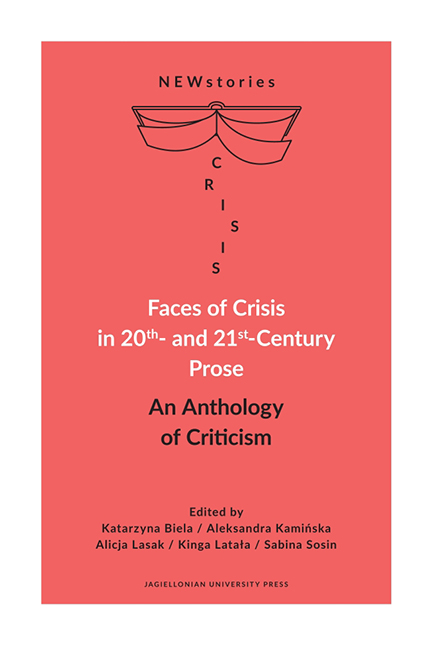South Africa, Scotland, and Displacement.Crisis in Zoë Wicomb’s The One That Got Away
Published online by Cambridge University Press: 16 July 2022
Summary
Abstract: The second collection of short stories by the South African writer Zoë Wicomb, The One That Got Away (2008), well epitomises the concept of crisis. The twelve short stories portray the complex nature of Scottish and South African cross-cultural relationships: both Scottish and South African characters are represented in their struggles to negotiate the notion of home and to overcome the colonial history between the two countries. My essay aims to analyse two short stories of the collection, “Nothing Like the Wind” and “In the Botanic Gardens”. Both describe the experience of utter alienation endured by South Africans when they are confronted with a Scottish setting. Wicomb's extensive use of free indirect style aptly conveys the characters’ existential crisis, brought about by their dislocation in a foreign country—not only foreign, but one where characters can recognise traces of their colonial past.
In her groundbreaking essay “Setting, Intertextuality and the Resurrection of the Postcolonial Author” (2005), the South African writer Zoë Wicomb describes her own situation as a “writer living in Scotland whose fictions are set in South Africa” (Wicomb 2005: 152). Wicomb's “biographical to-ing and fro-ing between geographical spaces”, as Dorothy Driver (2017: 16) has it, finds a ready counterpart in her fiction (three novels and two collections of short stories). Indeed, her prose always strives to investigate how individuals perceive their surroundings, and how the latter bring about a transformation in individuals (Attridge 2017a: 14). In her theoretical essay, Wicomb introduces the concept of “proprioceptivity”, defined as the body's sensation of occupying a point in space, the subject's sense of being in an “imagined spatial envelope”: “through proprioceptivity [an] abstract space becomes concrete place into which the subject, delimited by its skin, is keyed” (Wicomb 2005: 152). The representation of her characters in the various settings, rather than asserting truths on the themes of identity and belonging, fills the reader with questions: “in what sense does a person belong to a place or a place to a person? Does one carry belonging with one or is it something one leaves behind when one moves?” (Attridge 2017a: 14).
- Type
- Chapter
- Information
- Faces of Crisis in 20th- and 21st-Century ProseAn Anthology of Criticism, pp. 131 - 140Publisher: Jagiellonian University PressPrint publication year: 2020



